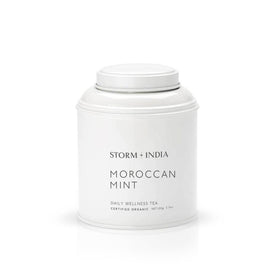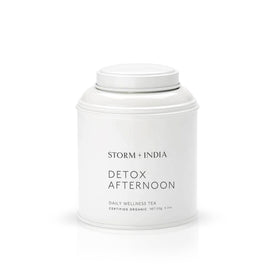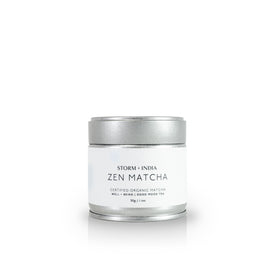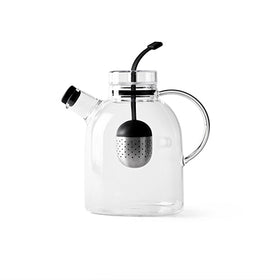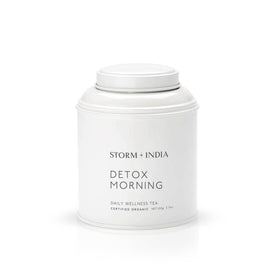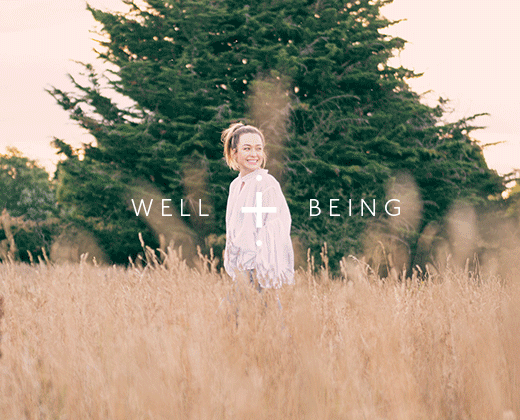
5 ways to reduce stress
Stress is a part, if not the cause of almost all of the health issues people experience. It all starts with adrenaline, then a long term output of cortisol.
Let’s start with adrenaline, this is our ‘fight or flight’ stress hormone which is produced in high stress situations, or after a cup of coffee (yes, really!). After the initial adrenaline rush, cortisol is produced to keep you on high alert and ‘ready for danger’. This reduces blood flow to your gut and dramatically reduces how effectively your digestive system functions.
The result is fewer nutrients being absorbed into your bloodstream, and even fewer being delivered to your skin and muscles, so you age faster. High cortisol levels also impact your sex hormones, thyroid, immune system, and mental health. In order to thrive we need to focus on ways to push the body into operating from our ‘rest and digest’ mode as much as we can.
So, how do you move into the ‘rest and digest’ mode?
Meditation
Meditation doesn’t have to be hours of emptying your mind. Research shows that five to ten minutes of meditation a day, especially first thing in the morning or last thing at night, can be more effective than an hour once a week, especially if you practice regularly. If you want to try meditation, there are some excellent apps out there: HeadSpace, Calm, or Insight Timer are a good place to start.
Breath work
Breathing is great for reducing stress — the slow, mindful kind, not the shallow and quick type! If you feel anxiety or stress building up, or if you just want to take a few minutes to relax, close your eyes and take long, slow, deep diaphragmatic breaths (down into your belly). Try it now. Slowly count your breath: 1-2-3-4 in, hold for four seconds; 1-2-3-4, 1-2-3-4 out, 1-2-3-4 hold, and repeat. This is called ‘box breathing’ as all four ‘sides’ of the breath are the same length.
Experience joy
You can’t experience joy and stress at the same time, so make time for joy! Make a list of what inspires you and brings you happiness — for example, baths, massage, walking in nature, music, dance, laughter with friends — and try to do at least one thing a day from that list, even if just for five minutes.
Use herbal and nutrient support
Herbs and nutrients can help when life gets a letter too hectic. Magnesium, B6, chamomile, licorice, and lemon balm can all help reduce your cortisol output and help you feel a little calmer. These nutrients and herbs are easy to add into your evening routine in the form of a cup of Detox Evening tea and a simple magnesium supplement. If you feel yourself getting worked up over the day you can use the Chamomile tea or Detox Evening to help take the edge off.
Express gratitude
Gratitude is one of my favourite ways to reduce stress. Feeling truly grateful for everything that happens, whether it is good or challenging, means that your body is releasing the ‘happy’ hormone serotonin, and the ‘love’ hormone, oxytocin, meaning that you not only reduce the ageing effects of stress, you also live a happier and more fulfilled life. Ways that you can actively practise gratitude include starting your day with a moment of gratitude as soon as you wake up (‘Today I am grateful for. . .’); truly feeling and appreciating those beautiful moments that happen in your day, and consciously doubling or tripling the feeling; sharing your day’s highlights with family at the dinner table; or writing a list of at least three things you are grateful for in your diary or journal before you go to bed.

